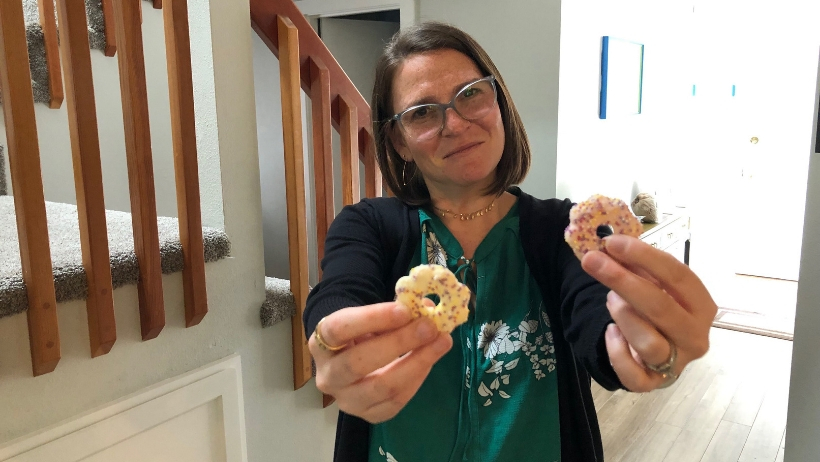My five-and-a-half-year-old is well aware of the concept of fairness. When her little brother gets to do something she doesn’t get to do, or if someone has a slightly bigger dessert than she has, she doesn’t hesitate to let everyone know. Even when it’s just pretend play, she might set the table for her “guests” and strive to make sure there’s an equal distribution of food, plates, and chairs. Everyone gets one of whatever it is, regardless of the fact that the friends are stuffed or imaginary. What matters to children is the sense of equality. Children are marvelously quick to sense inequality in their space and often have a hard time moving forward until the equality is again restored. Whether we’re talking about personal possessions, food, or time, a sense of equality is a basic need for children and adults alike.

This week we read Parshat Acharei Mot, the portion that details the laws and rules for healthy relationships. It begins with the cleanup after the loss of Aaron’s sons to their own out of body experience while breaking the rules, and continues with the laws about how we are supposed to atone for our sins on Yom Kippur. The final chapter of the text deals with appropriate and inappropriate relationships between family members.
As Aaron is making his offering, it is described in chapter 16, verse 8 as follows: “And he shall place lots upon the two goats, one marked for the Lord and the other marked for Azazel.” The goats are offered as a sacrifice, with the one marked for God going up as an offering, and the one marked for Azazel sent off into the wilderness. The meaning of Azazel is unknown, but assumed to be some kind of demon that leans toward evil or self-destruction. Despite the two opposite uses, the goat meant for God is equal to the goat that represents our earthly desires. In other words, what we give to our own earthly desires, like time, money and energy, we should also give equally in service to God, or our faith-based life.
The text is about finding the balance. When we lean too far into our earthly desires and possessions, we can find ourselves off kilter, becoming greedy, or coveting what others have. Life then becomes about what others have as opposed to focusing on the gifts that we do possess. On the other hand, when we’re too focused on our relationship with God, we might miss out on worldly connections or make decisions that are blinded by faith.
One for God, one for Azazel. One for you, one for me. Perfect equality or fairness might never exist, but the parshah this week reminds us to look for the ways in which we can bring at least some semblance of balance and order.



